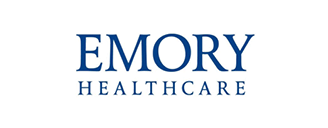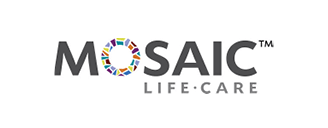CFOs and Supply Chain Leaders: The Dynamic Duo
As strategic hospital partnerships go, few are more critical than the ones between supply chain leaders and their CFOs.
When these executives collaborate effectively, they can manage risk, optimize costs, improve customer experience, support resilience, and increase revenue.
In the past, supply chain leaders primarily focused on managing the efficiency of the supply chain while keeping inventory costs within the expected margins. They only kept their CFOs apprised of inventory levels and capital allocations, and that level of communication was generally sufficient.
But that’s no longer the reality.
From siloed to synchronized
In today’s complex post-pandemic environment, CFOs should take a more active role in supply chain integration to improve communication and collaboration between the two departments.
Healthcare is one sector in particular that can benefit greatly from a more holistic and integrated approach to operations, as a recent article in CFO.com notes.
Here are six ways CFOs can drive shareholder value even when facing unexpected risk:
- Work in partnership to better drive end-to-end integration
- Move to a digital supply chain to drive greater visibility and deeper insights
- Establish a common language and culture across all functional areas, data, analytics, and technology
- Use data to drive deeper insights
- Use Total Value Optimization (TVO)
- Understand geopolitical risk factors in the end-to-end supply chain
When leaders work together, a more prosperous future is possible
The pandemic revealed many areas where healthcare companies can improve their operations, particularly in terms of supply chain management. CFOs and supply chain leaders must work together to ensure better decision-making and spending management.
When CFOs and supply chain leaders collaborate to build trust and manage spending, the impact on health systems can be significant. It creates efficient and effective healthcare operations that deliver value to patients and stakeholders alike.
Without the CFO advocating for this crucial change, the supply chain department is likely to continue operating in its own silo.
Embracing collaboration, not working in silos, is how supply chains can be optimized within an organization.
To learn more about how CFOs and supply chain leaders can work together to optimize revenue-generating areas of the hospital, read our blog to discover the financial benefits of specialty pharmacy.































